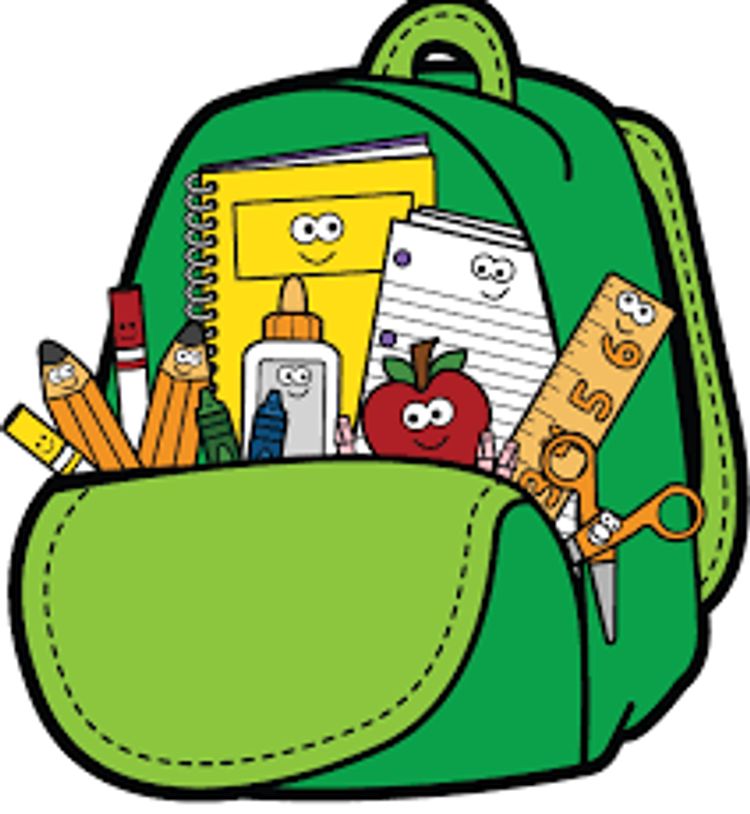being prepared for school is important!
bring to school every day
make sure this all in your backpack each morning

A very important life skill is need to be prepared. Please work with your child to make sure s/he gets in a habit to come prepared to school.
You need to remember to bring everything important to school with you
EVERY DAY.
This is what you should put in your backpack:
- Binders: Your 4th grade binder and your reading binder (both are small binders)
- Blue folder with your homework inside. Check Listening Post/Agenda to make sure you have all the homework due that day.
- Agenda
- The literature book you are reading in class if you took it home
- Word Hunt post-its (sticking them in your agenda throughout the week is a good idea).
- Any "Leftovers" that you finished at home.
- Anything on your "Reminder Dock" that you need to finish at home.
- Any Thinking Assignment that you need to finish at home.
personal responsibility
Learning to make good choices

As parents and teachers we have many goals for our children. One important goal is to foster a sense of personal responsibility in the hearts and minds of our kids. Although parenting styles and teaching styles differ, I believe we all desire to do everything we can to help our children grow up to be successful, independent, and responsible adults.
In light of the fact that your child is in the intermediate grades, learning to foster this concept of “Personal Responsibility” will reap great rewards, not just this year but in the years to come. Your child has just moved from a classroom with 24 students to a classroom with 29 or more students. (34 in the afternoon) In addition, the work load has increased and the reading material has become harder. Because of this, classroom routines need to be more structured, and classroom procedures need to be carefully followed. Most of all, intermediate students are expected to be more independent. This can be somewhat overwhelming for everyone concerned. Emphasizing the importance of personal responsibility both at home and at school will help your child to be successful during this very important transition year.
As an integral part of this goal, a Personal Responsibility Rubric will be utilized throughout the year to assess our progress and to celebrate successes. Please refer to the attached rubric below for more specifics.